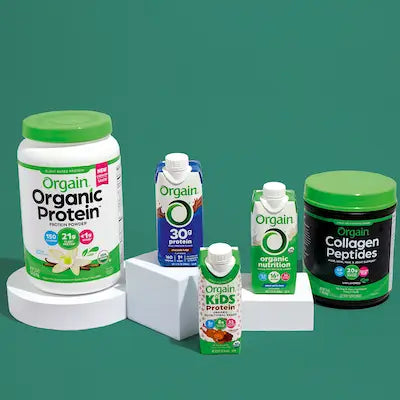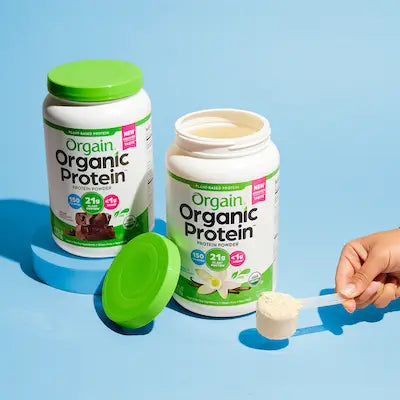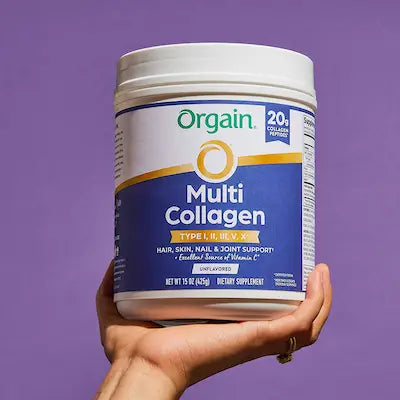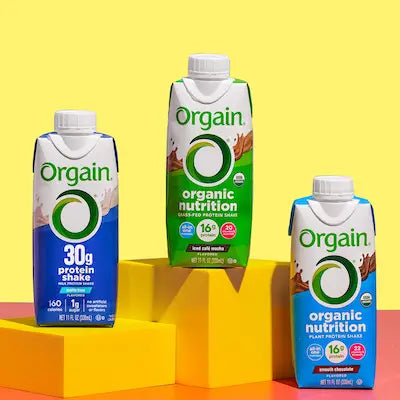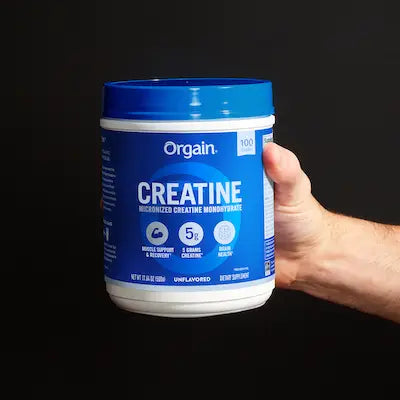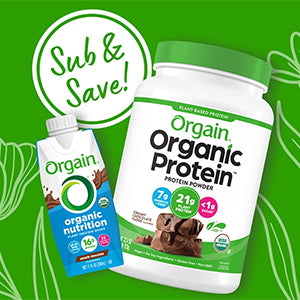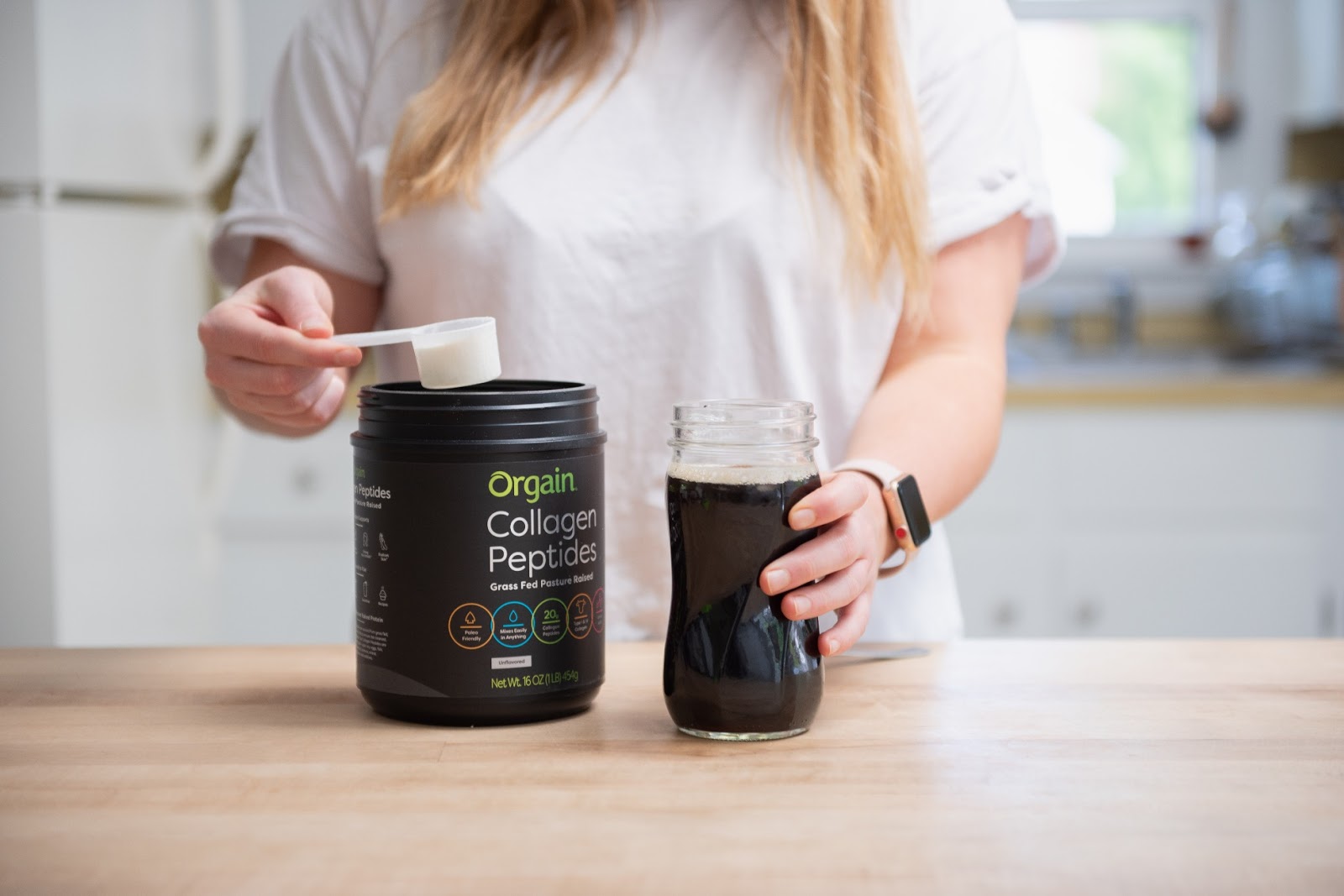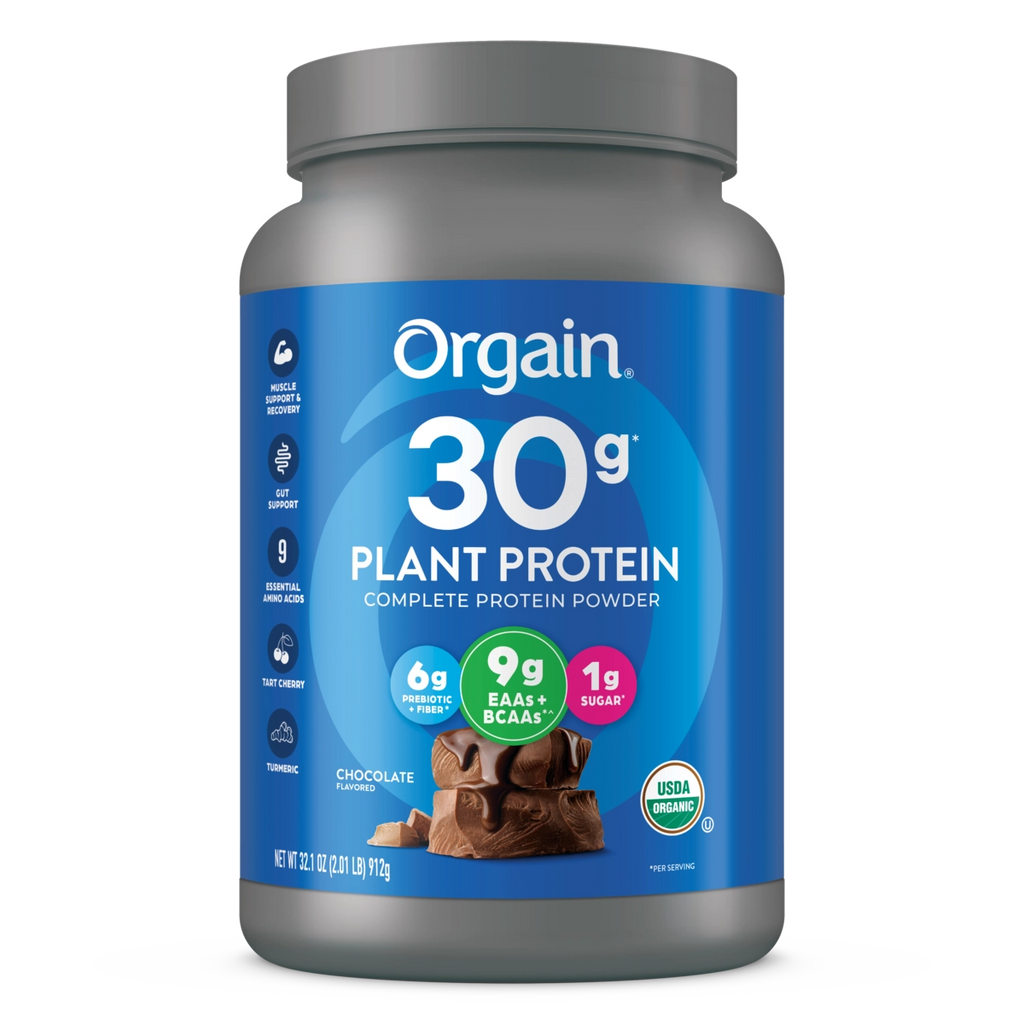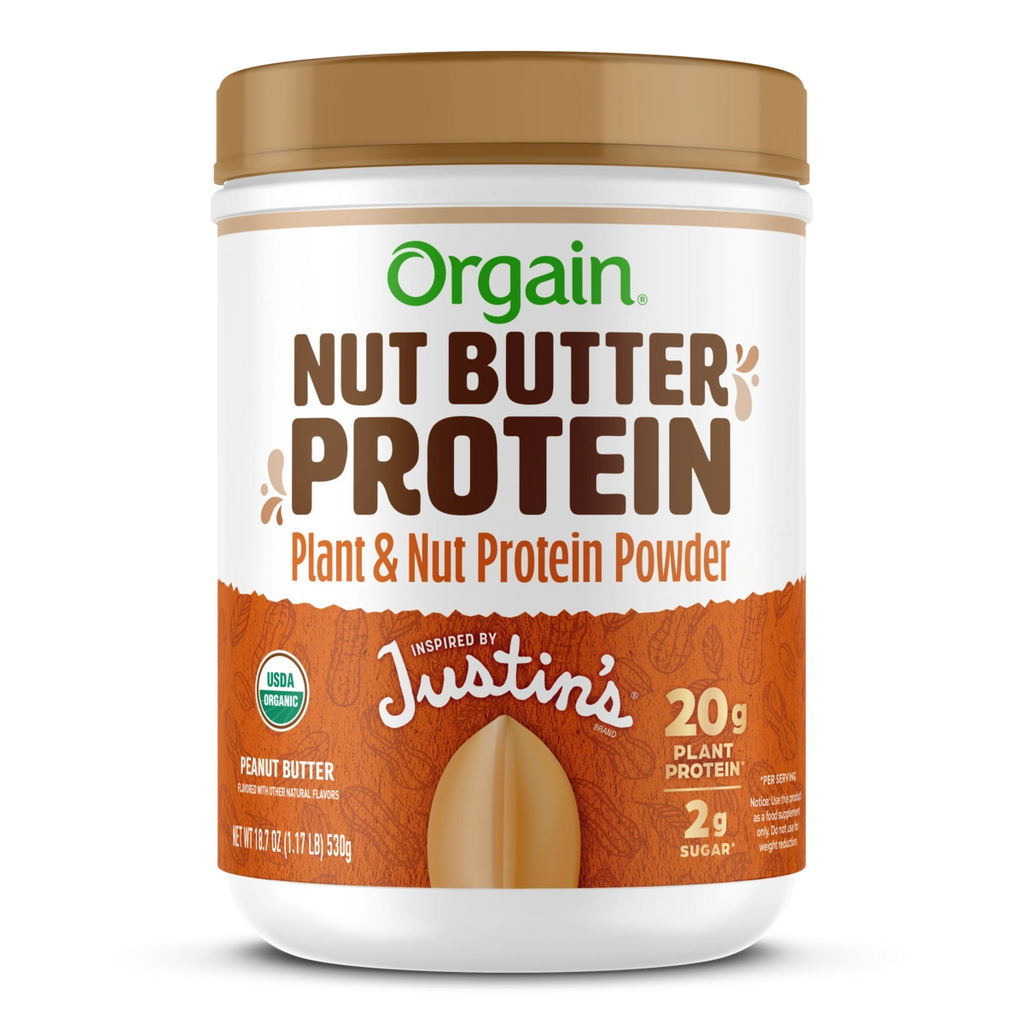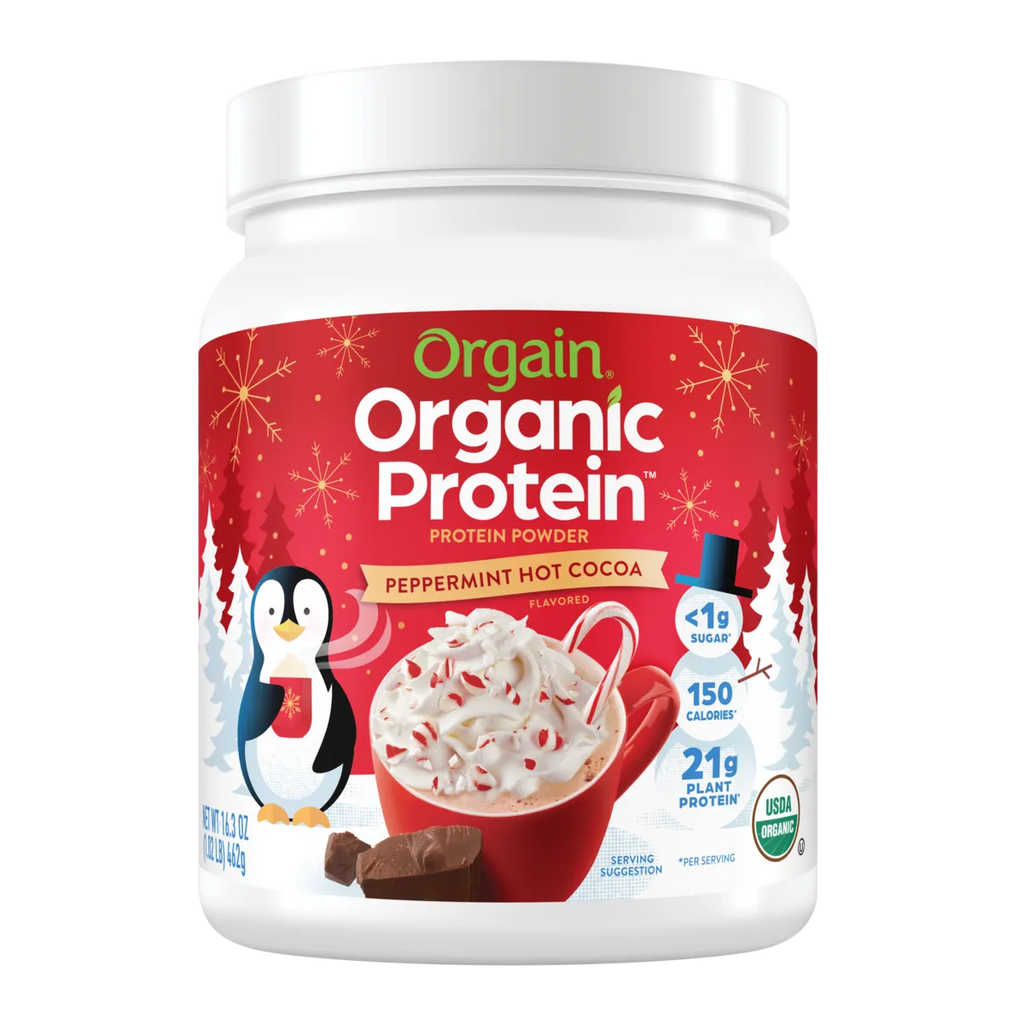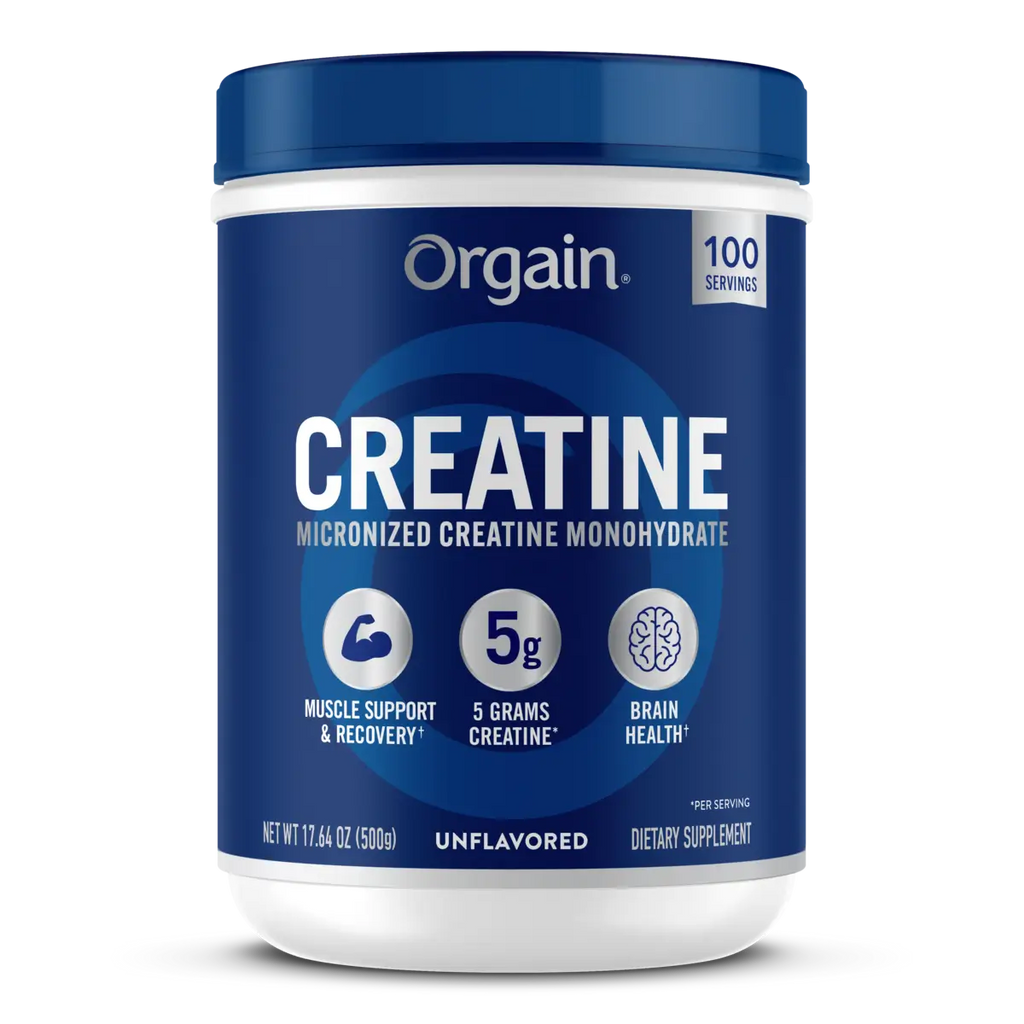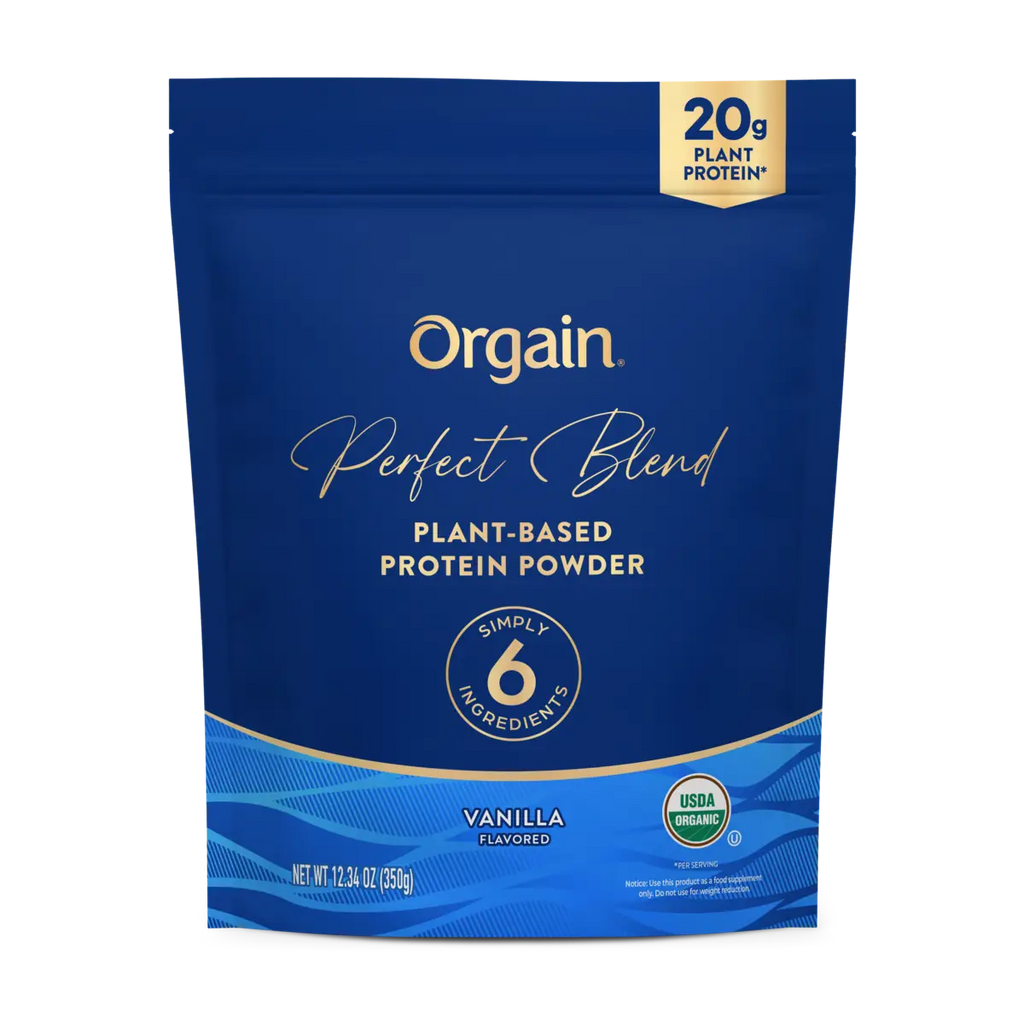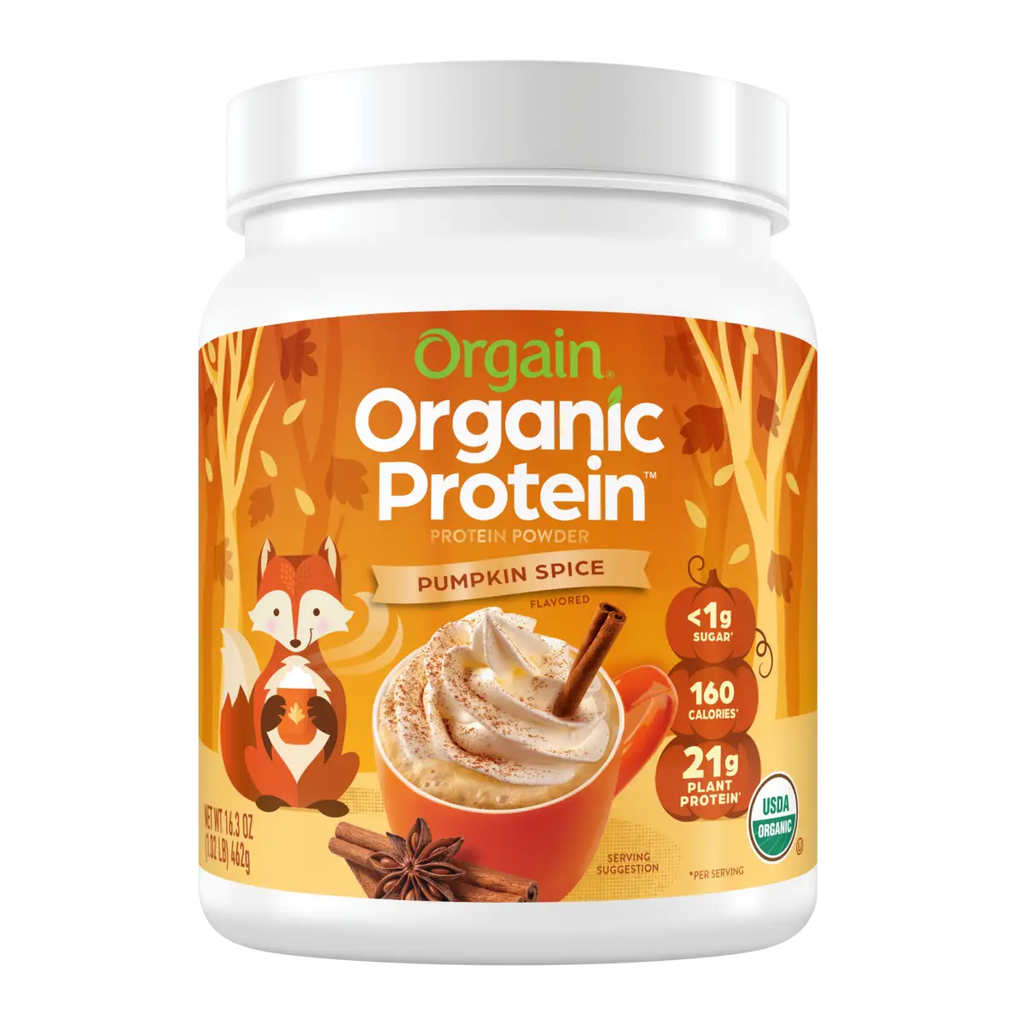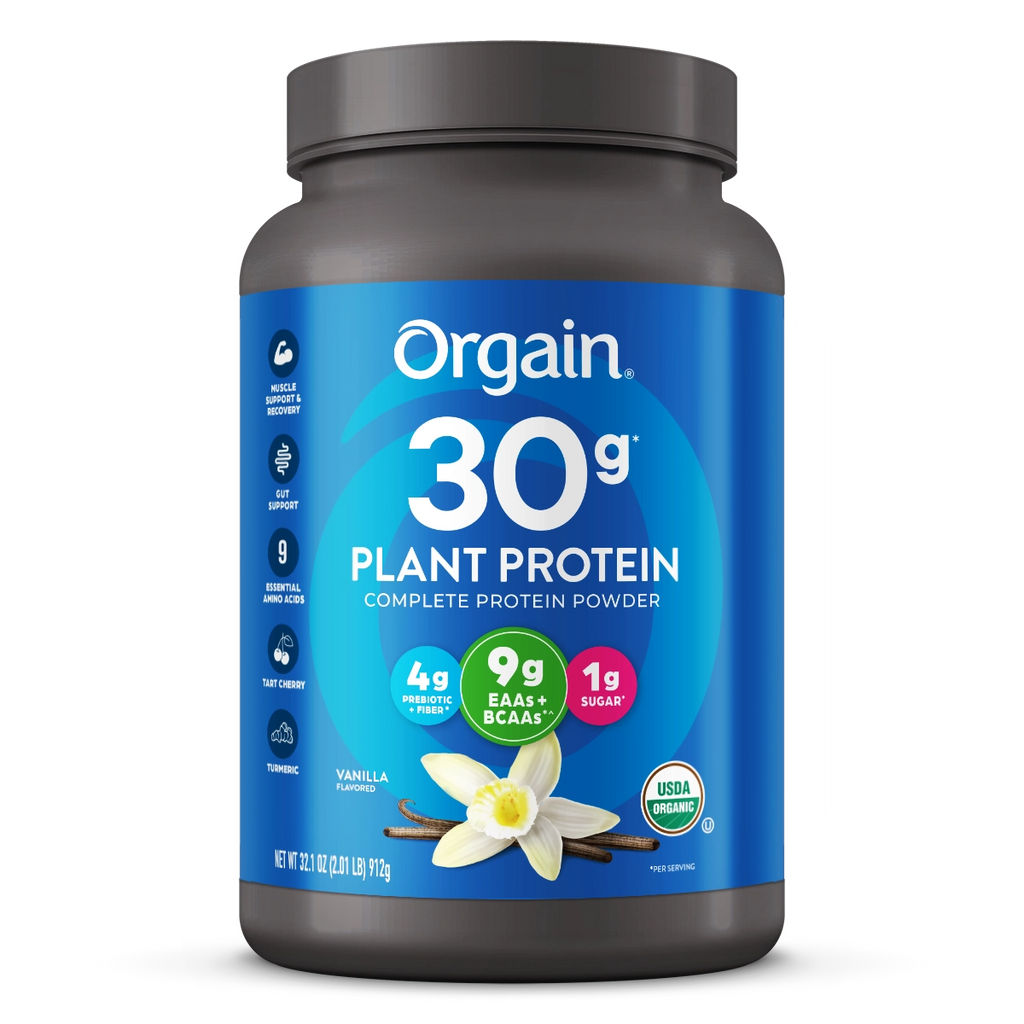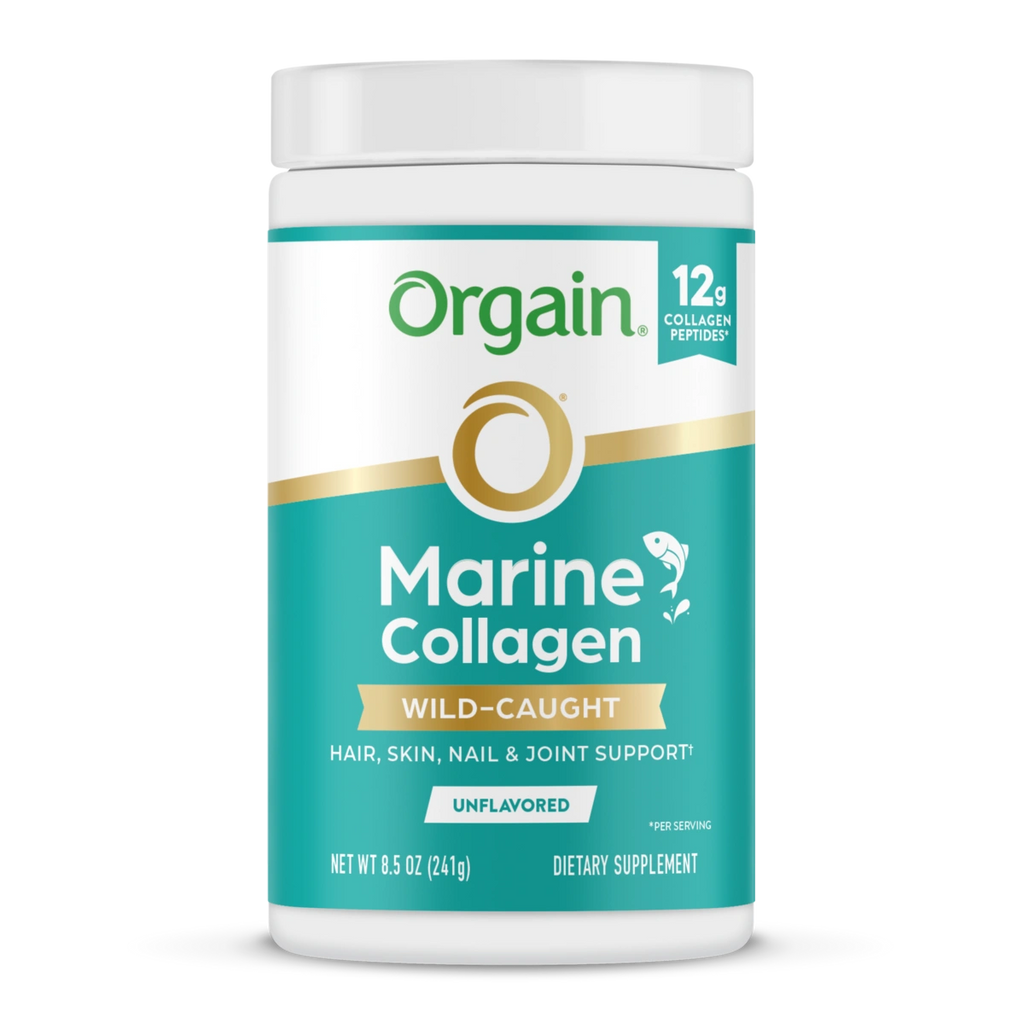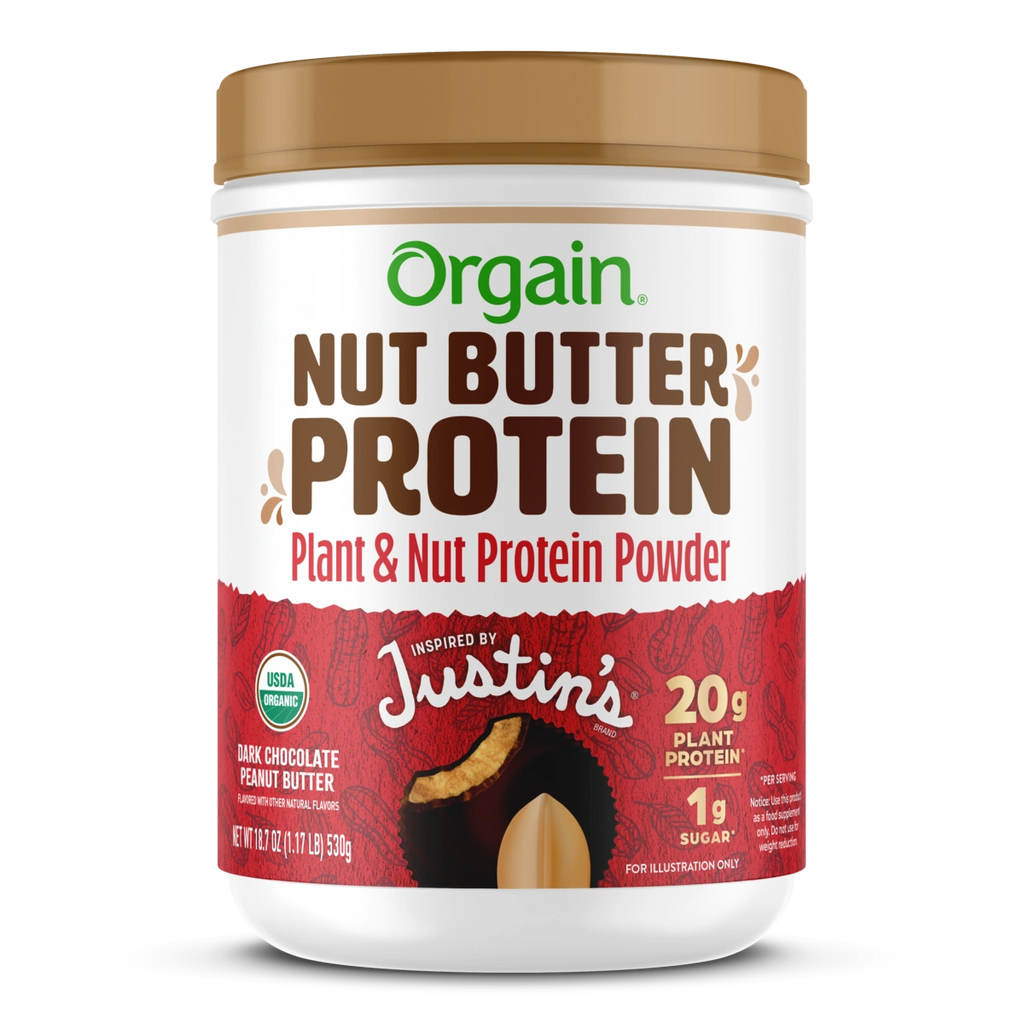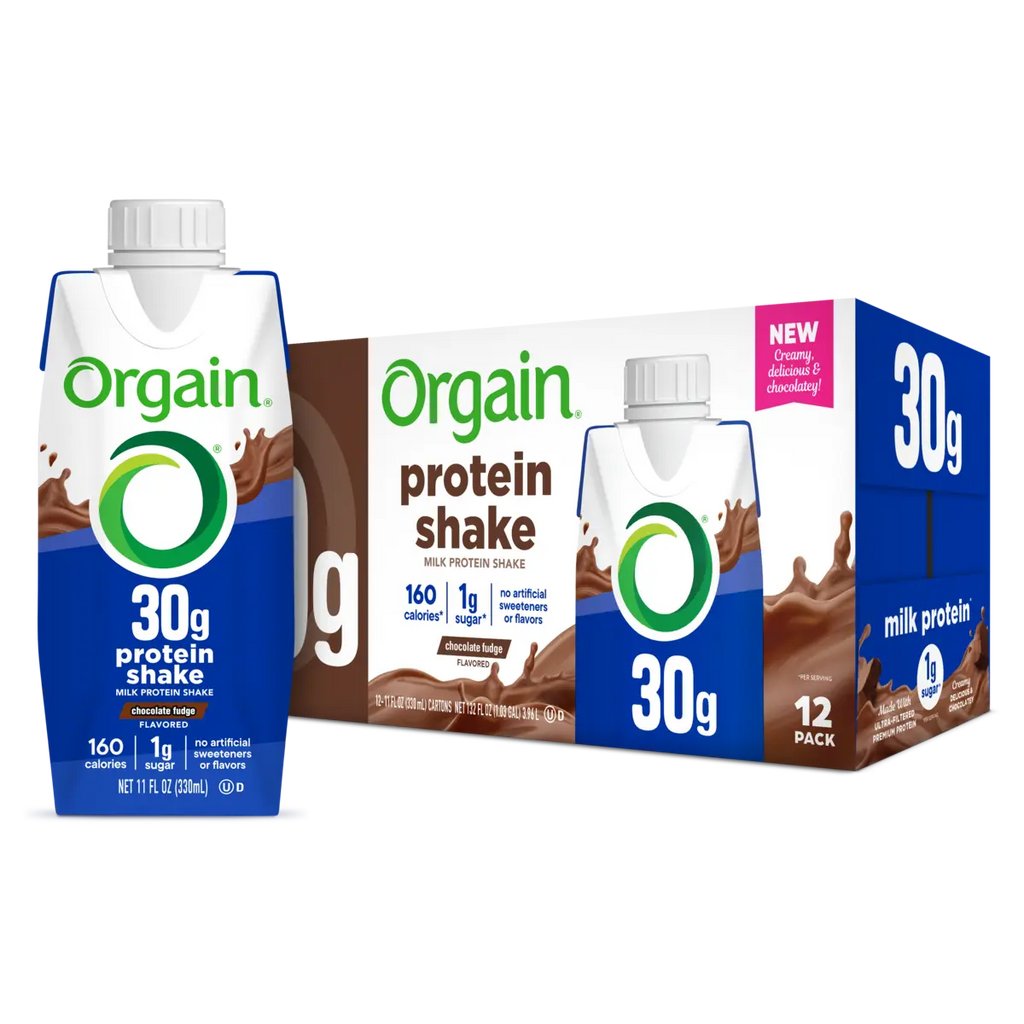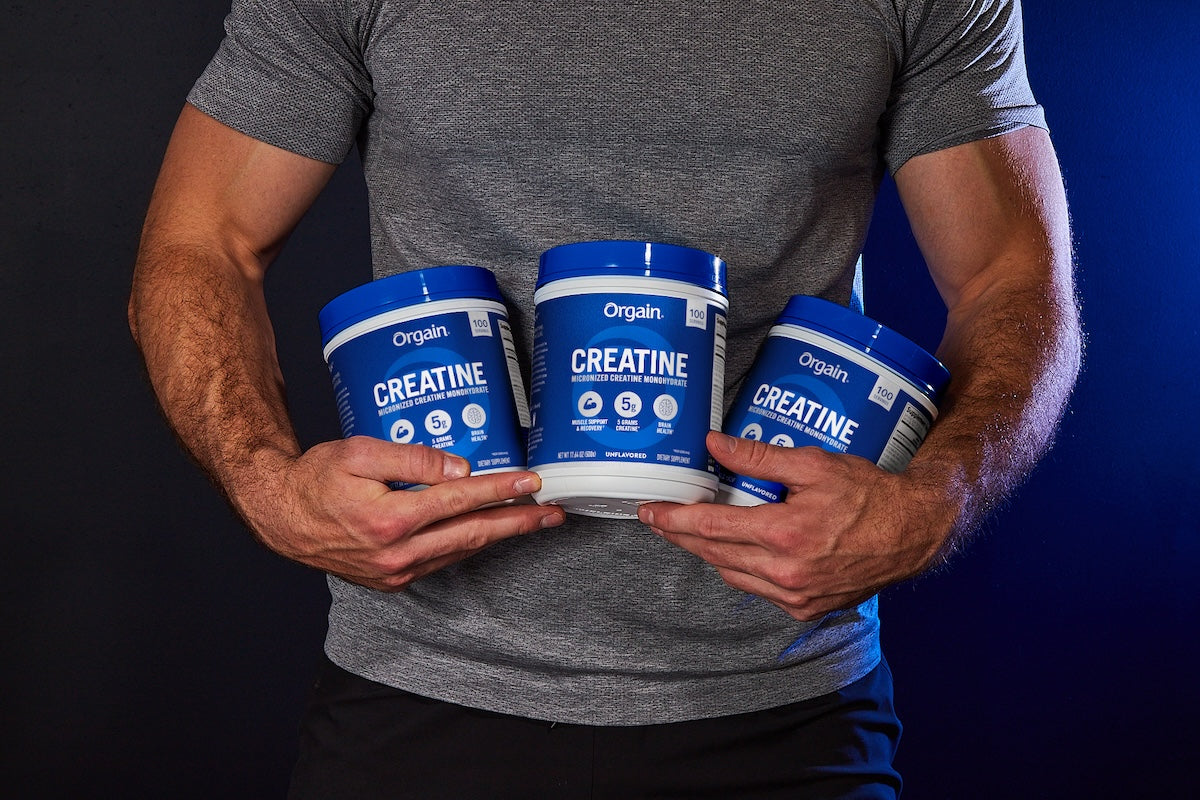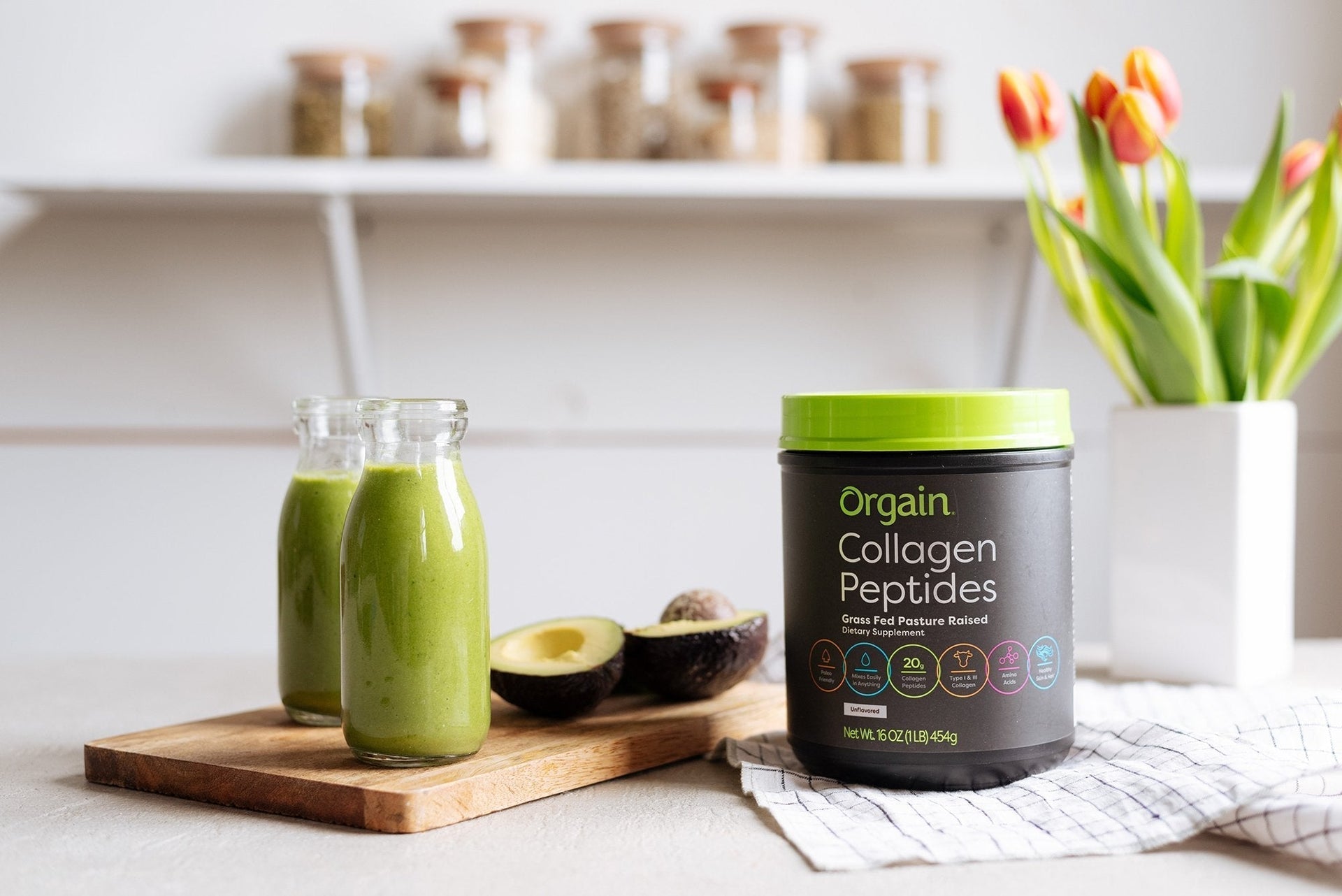You may have heard of the benefits of collagen supplementation in terms of slowing signs of premature aging on your skin, but did you know that collagen has a wide range of health benefits for your entire body? There are at least nine potential benefits of taking collagen peptide powder.
1. Supports Joint Health
The end of each of your bones is wrapped in a protective tissue called cartilage that helps to protect the bones and joints from the effects of daily movement. Collagen is a critical element of cartilage, and because your collagen production decreases in both quality and quantity as you age, your cartilage can degrade right along with it, increasing your risk of developing degenerative conditions like osteoarthritis.
Collagen supplements have been found to support joint health, which can help work to reduce some of the discomfort experienced with poor joint health. In a study of athletes, participants who consumed ten grams of collagen daily for a period of about six months reported a significant decrease in overall joint discomfort caused by strenuous training, including when walking and resting.
However, you don’t have to be an athlete to benefit from taking collagen peptide powder. Even those who don’t exercise regularly and are simply experiencing the effects of aging have been shown to experience improved joint function, according to one study of adults who used two grams of collagen daily for 70 days.
How does collagen peptide powder do it? It’s believed that taking additional collagen increases the amount of collagen in the body, which helps the substance to accumulate in the cartilage and encourages the body to produce more collagen.
2. Supports Heart Health
While many people are familiar with the benefits of collagen for its anti-aging features, collagen peptide powder’s benefits for heart health are less well known. However, some studies researching the benefits of collagen show promising results.
Collagen supplements are believed to support heart health by supporting the strength of the blood vessels. Some types of collagen fibers provide structure to the arteries, which transport blood away from the heart and towards the rest of the body. Strong arteries are key to heart health, because when the arteries start to become weak and fragile, they can start to narrow, leading to a condition called atherosclerosis. As your arteries become more narrow, the risk of experiencing potentially life threatening medical conditions like heart attack and stroke increases.
Research appears to support the benefits of collagen for heart health. One study gave healthy adult participants a collagen supplement every day for six months. The study found that participants who received a collagen supplement showed significant reduction in the stiffness of their arteries over the course of the study period and also increased the amount of “good” cholesterol by an average of about six percent.
3. Supports Bone Strength
Collagen plays a critical role in the formation of bone and in maintaining the strength of your bones as you age. The bones are primarily made of collagen, but as you produce less collagen with age, your bone mass begins to deteriorate. If your bone loss becomes severe enough you can experience osteoporosis, a condition that can contribute to an increased risk of bone fractures.
Collagen peptide powder can increase the quantity and quality of collagen in your body and your bones, which can help to prevent bone mineral density loss caused by decreased collagen levels.
Studies have been conducted in women, who are considered to be at higher risk for bone density issues, that demonstrate the positive effects of collagen supplementation on bone mineral density. Women who took collagen in one study were found to have lower levels of certain proteins found in the blood that contribute to bone breakdown than women who did not take the supplement. Another study showed that women taking collagen increased their bone mineral density by up to seven percent compared to women who did not supplement with collagen.
4. Supports Skin Health
One of the most well known benefits of collagen is its effects on aging. Collagen is a major component of the skin and is part of what gives your skin its youthful appearance. As collagen production declines with age, the skin is one of the first places to show signs of less collagen; it begins to lose elasticity, starts to become dry, and fine lines and wrinkles begin to appear.
Collagen peptide powder can support skin health by minimizing the appearance of wrinkles, improving skin hydration, and boosting skin elasticity. One study found that women who used a collagen supplement containing as little as 2.5 grams of collagen for 8 weeks showed a significant increase in skin elasticity and overall moisture than those who did not. Collagen supplements may also help to reduce the perceived depth of skin wrinkles, contributing to a more youthful appearance overall.
Collagen peptide powder is thought to improve skin health by encouraging the body to produce more collagen on its own and boosting collagen quality. As collagen levels in the body rise, it is believed that the body also begins to produce more of other important proteins that contribute to skin health, including elastin and fibrillin.
5. Support Development of Muscle Mass
Although collagen is found in the largest quantities in the bones and skin, up to ten percent of the muscle tissue is composed of collagen. Without an ample supply of collagen, your muscles are not able to function properly, and you may begin to lose muscle mass as you age.
The effects of collagen supplementation for increasing muscle mass have been studied in several human studies. One study of frail men found that those who supplemented their diet with collagen while engaging in an exercise program showed significantly larger improvements in muscle mass and strength compared to men who only engaged in exercise. It is believed that collagen increases muscle mass by stimulating the creation of other muscle proteins that aid in muscle growth, such as creatine, and by stimulating muscle growth on its own. While athletes can certainly benefit from collagen supplementation if they want to increase their muscle mass, these findings also have important implications for older people, who typically lose muscle mass with age.
6. Strengthen Hair and Nails
Collagen is also well known for strengthening the hair and nails and boosting their overall health. Collagen is believed to reduce brittleness in the hair and nails and may encourage them to grow faster than they otherwise would. Studies examining the role of collagen in the strength of hair and nails are promising, but more research is needed.
7. May Support Gut Health
Anecdotal evidence suggests that collagen peptide powder and collagen supplementation in general may help to improve gut health by reducing symptoms associated with leaky gut syndrome, also known as intestinal permeability. However, more research is needed.
8. May Support Mental Health
Anecdotal evidence suggests that collagen peptide powder and collagen supplementation in general may help to improve overall mood and reduce symptoms of anxiety in some people, supporting overall mental health. However, more research is needed.
9. May Support Weight Loss Efforts (When Paired with Diet and Exercise)
Anecdotal evidence suggests that collagen peptide powder and collagen supplementation in general may help to support a healthy metabolism and increase energy levels, which may result in weight loss. However, more research is needed.
Summary
Collagen peptide powder may be associated with at least nine different health benefits, including supporting joint health, heart health, bone strength, skin health, muscle mass, hair and nails, gut health, mental health, and a healthy metabolism.
Fortunately, adding collagen peptide powder to your diet is easy when you add a scoop of Orgain’s Grass Fed Pasture Raised Collagen Peptides to your favorite foods and drinks!
Sources:
https://www.ncbi.nlm.nih.gov/pmc/articles/PMC5429168/
https://www.ncbi.nlm.nih.gov/pubmed/22486722
https://www.ncbi.nlm.nih.gov/pubmed/18416885
https://www.ncbi.nlm.nih.gov/pubmed/17076983
https://www.ncbi.nlm.nih.gov/pubmed/25314004
https://www.ncbi.nlm.nih.gov/pmc/articles/PMC5793325/
